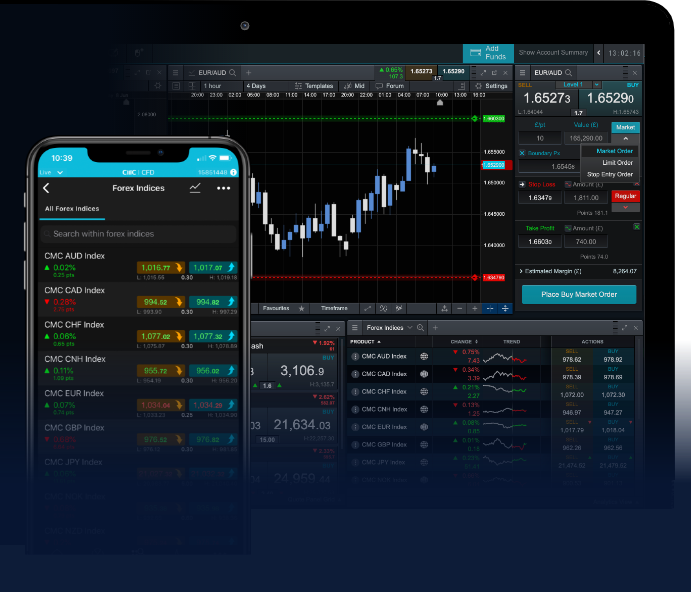
Understanding Forex Trading Tax Calculators
In the dynamic world of Forex trading, managing your taxes can be a daunting task. With the frequency of trades, the varying profit margins, and complex regulations, it’s crucial to have the right tools at your disposal. One essential tool for Forex traders is the Forex trading tax calculator. By using this calculator, you can efficiently estimate your tax liabilities and understand the implications of your trading activities. For those engaging with platforms in various regions, such as forex trading tax calculator Nigerian Trading Platforms, understanding local regulations is equally important.
What is a Forex Trading Tax Calculator?
A Forex trading tax calculator is an online tool designed to help traders compute their tax obligations associated with their trading activities. It simplifies the process by automatically calculating potential taxes based on the inputted data, such as trading volume, profit or loss, and applicable tax rates. This can relieve a significant burden for traders, allowing them to focus on trading strategies instead of being overwhelmed by tax calculations.
Why You Need a Tax Calculator
Tax compliance is a fundamental aspect of Forex trading and can significantly impact your overall profits. A Forex trading tax calculator helps you:
- Accurately Calculate Profits and Losses: The calculator assists in maintaining accurate records of all your trades, including wins, losses, fees, and commissions.
- Stay Compliant: Each country has its tax rules regarding Forex trading. The calculator can guide you to ensure you meet local regulations, minimizing the risk of penalties.
- Simplify Tax Filing: By providing a clear overview of your trading profits and losses, a tax calculator simplifies the annual tax filing process.
- Maximize Deductions: Understanding how to categorize your trades can help you maximize allowable deductions against your taxable income, potentially reducing your tax burden.
How to Use a Forex Trading Tax Calculator
Using a Forex trading tax calculator typically involves a few simple steps:

- Gather Your Trading Data: Collect all relevant information, including trade dates, pairs traded, entry and exit points, and amounts traded.
- Input Data: Enter the data into the calculator. Most tools allow you to upload several trades at once for convenience.
- Select Your Country’s Tax Rate: Ensure you select the appropriate tax rate based on your country or region, as Forex tax laws vary significantly worldwide.
- Review Calculated Results: After inputting your data, the calculator will display the estimated tax liabilities, profits, and potentially deductible losses.
Considerations for Different Countries
Tax regulations differ significantly across countries, making it crucial to familiarize yourself with local laws:
- United States: In the U.S., Forex trading profits are generally taxed as regular income, but traders can elect to be taxed as corporations to potentially lower their overall tax burden.
- United Kingdom: UK residents may be able to take advantage of capital gains tax thresholds and can explore options like the Trading Allowance.
- Nigeria: In Nigeria, Forex trading is subject to personal income tax, so understanding local regulations and using taxable income calculations can be beneficial.
Common Mistakes Traders Make
When it comes to taxes, traders often fall into traps that can be easily avoided:
- Neglecting Record Keeping: Failing to keep detailed records can lead to missing significant deductions.
- Misunderstanding Tax Obligations: Assuming that all trading profits are tax-free can result in hefty fines.
- Overlooking Software Benefits: Many traders underestimate the value of using a tax calculator, relying instead on manual calculations prone to errors.
Conclusion
A Forex trading tax calculator is an invaluable resource for traders looking to manage their tax liabilities effectively. By accurately assessing your trading profits and understanding your obligations under local laws, you can focus more on your trading strategy and less on tax fears. Always remember to use the calculator as part of a comprehensive approach, including maintaining excellent records and consulting with tax professionals if needed. With the right tools and knowledge, you can turn your Forex trading activities into profits while ensuring you remain compliant with tax regulations.











